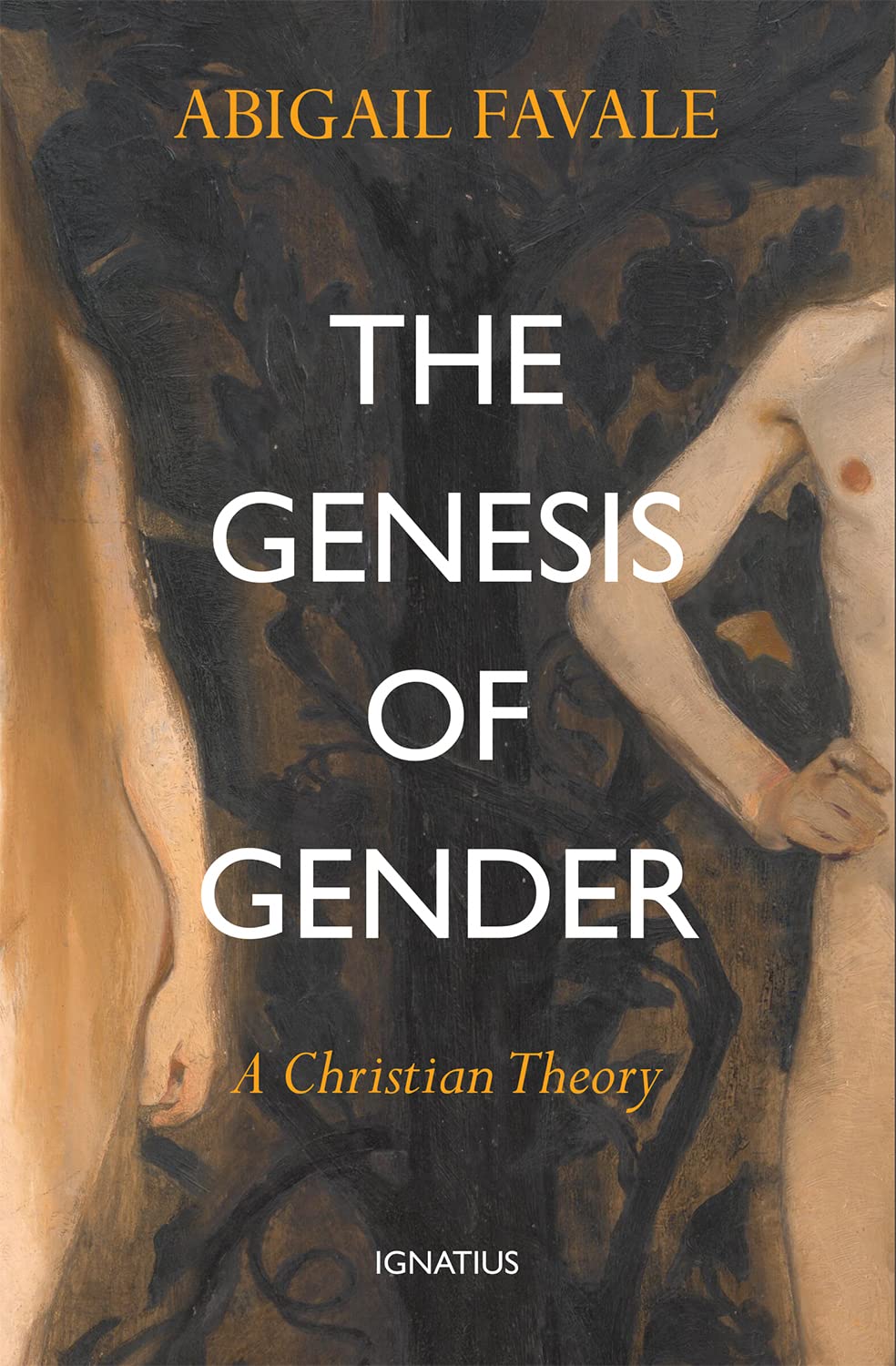
Abigail Favale
Reviewed by: John A. Hartley
The Genesis of Gender: A Christian Theory, by Abigail Favale. Ignatius, 2022. Paperback, 251 pages, $17.95 (Amazon). Reviewed by OP pastor John A. Hartley.
With Barbie at the box office and drag queens in the library, it seems to be the perfect year to clean the windows and see what the West hath wrought in its dismissal of nature and nature’s God. To this end, Abigail Favale has done the church a great service by writing The Genesis of Gender.
Her book absolutely sparkles with clarity. Rarely have I read a book where the author is so skilled at mapping and distilling complex ideological movements from their origins to implications. In each chapter, Favale gives the reader understanding, angular convictions, and not a little intellectual sanctification.
The first chapter, “Heretic,” navigates Favale’s personal and academic journey through several stages of feminism. Her honesty is endearing as she explains how feminism was once a “sin” students were eager to confess. Her too. Not being a feminist is the transgressive move now (29). Favale has become the “heretic,” a scholar of women’s studies who embraces Christian orthodoxy and rejects several feminist dogmas.
After laying a foundation from Genesis, Favale takes us on a fascinating tour of twentieth-century feminism. We travel through first-, second-, third-, and finally fourth-wave feminism, the most recent iteration in which we are expected to reject the idea that a “woman,” by definition, is a biological female. No more waves, we are in a “roiling ocean” now (60).
Thankfully, the book slows to explore some primary authors and influencers. Simone de Beauvoir is first, the French existentialist who insisted that I am not a human being by the mere fact that I exist (62). Humanness is an achievement, not something given. Favale lucidly notes that this “account of the human condition puts a woman necessarily at war with herself, with the given state of her embodiment” (65).
A second major figure for Favale is postmodern philosopher Judith Butler, who pushes the perspective that power dissimulates ontology. What we perceive to be real (ontology) is actually a fiction created and enforced by institutional power (74). Meaning, what we perceive to be gender is an illusion. We are all just performers yielding to those in power. The true self is a blank slate.
Having laid these foundations, Favale is ready to bring things to the street. She proceeds to show that feminism, under a rubric of promised liberation, has actually done far more to pathologize femaleness than liberate it. Now “true freedom can only be found in a socialist utopia that enables women to control their bodies with contraception and abortion” (91).
With what I regard as unflinching bravery for a scholar, Favale presses on to persuasively show that feminism declares a woman’s true freedom comes by making herself as much like men as possible. She then rounds out an already excellent book with first-rate chapters on sex (“not a spectrum but a stable binary”), gender (“to feel is not to be”), and artifice, a searching chapter that uncovers the painful truth behind what fuels the modern flight from womanhood: hypersexualization, the idea that women exist primarily for the pleasure of men.
It should be noted Favale is a member of the Catholic Church and professor at the University of Notre Dame. She reveals this early on. In fact, on several occasions noted Roman Catholic theologians supply her exegesis of Scripture. Most readers here will recognize these errors. For example, in her discussion of concupiscence, she states and dismisses the Protestant understanding of total depravity (49). This may explain why a direct and open discussion of sin is absent from the book. Of course, the estate of sin and misery is a major feature of the book—it looms weighty and large, but only implicitly.
Bottom line, The Genesis of Gender is an exceptional piece of work. Crisp, clear, convicting, and convincing. A good book to aid you in becoming a good neighbor in days that are evil.
April 21, 2024
5 Puritan Women: Portraits of Faith and Love
April 14, 2024
How to Read and Understand the Psalms
April 07, 2024
March 31, 2024
My Grandmother Is Praying for Me
March 24, 2024
March 17, 2024
Safeguards: Shielding Our Homes and Equipping Our Kids
March 10, 2024
© 2024 The Orthodox Presbyterian Church